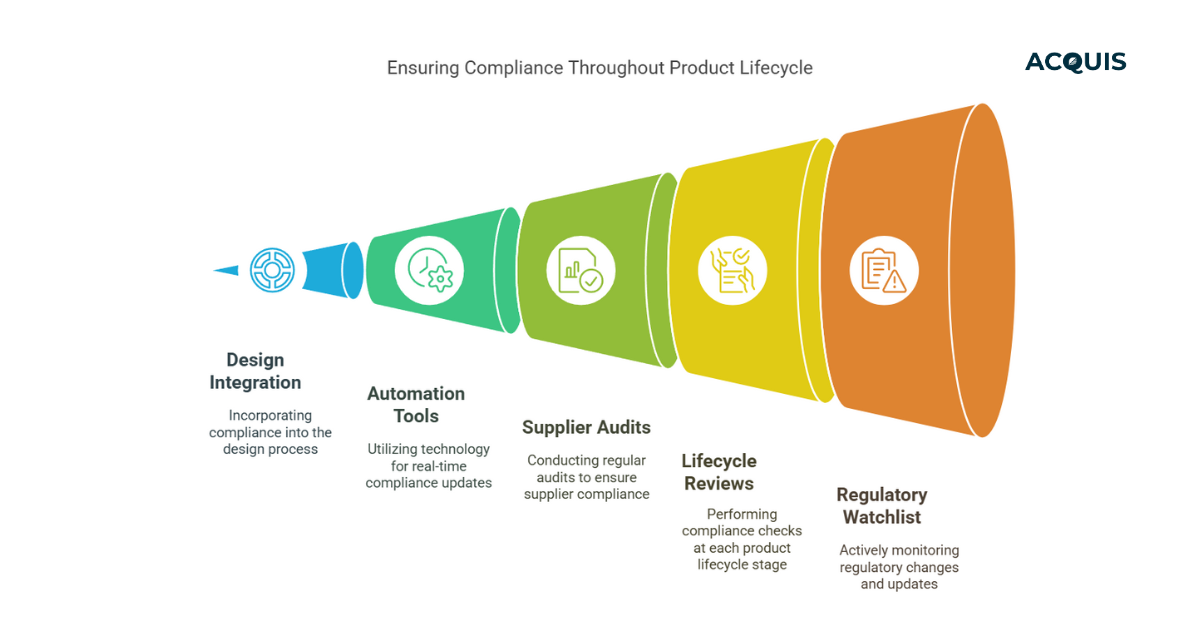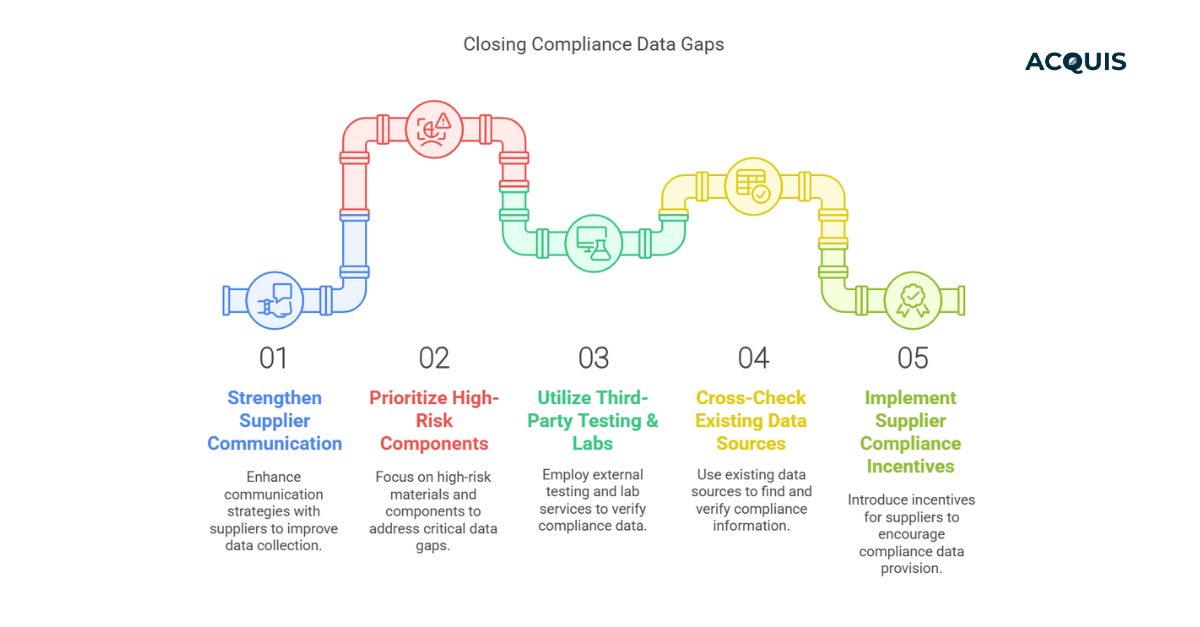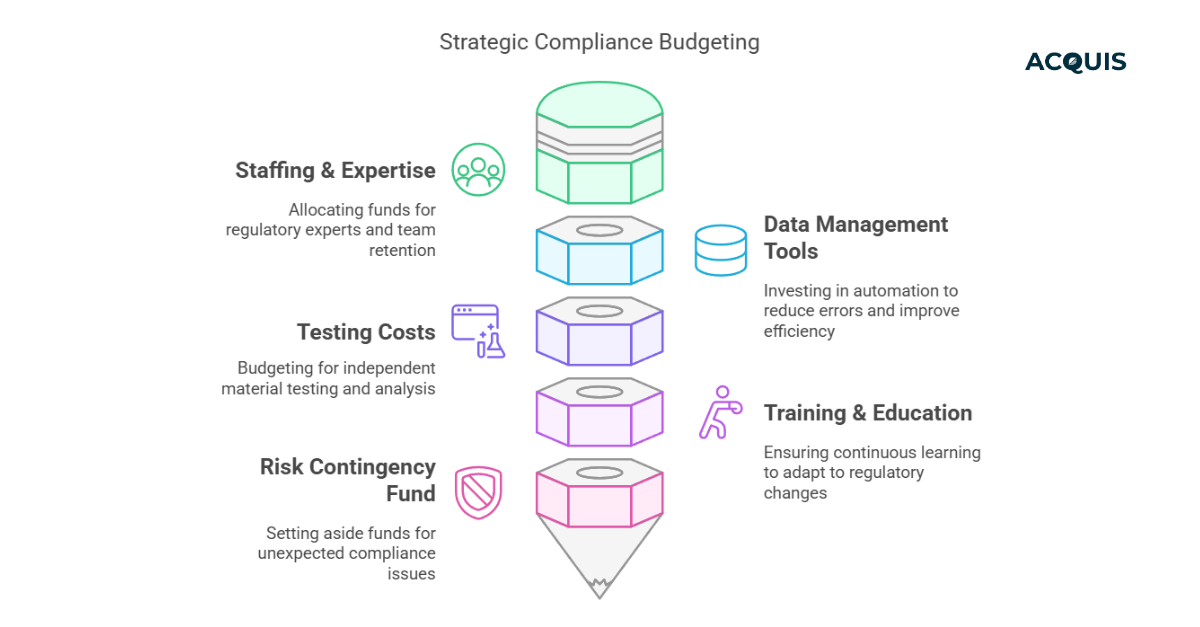Table of Contents
The Toxic Substances Control Act (TSCA) has long been a critical piece of legislation aimed at ensuring the safety of chemicals used in the United States. Following obligations under TSCA, as amended by the National Defense Authorization Act for Fiscal Year 2020, EPA is requiring any person that manufactures (including import) or has manufactured (including imported) PFAS or PFAS-containing articles in any year since January 1, 2011, to electronically report information regarding PFAS uses, production volumes, disposal, exposures, and hazards.
In response to this concern, the Environmental Protection Agency (EPA) has implemented new reporting and recordkeeping requirements for PFAS under TSCA Section 8(a)(7).
What is TSCA Section 8(a)(7)?
TSCA Section 8(a)(7) is a crucial provision that empowers the EPA to promulgate a rule mandating the reporting of certain data related to PFAS by anyone who has manufactured or imported these substances since January 1, 2011. This rule was implemented following amendments to TSCA in the National Defense Authorization Act for Fiscal Year 2020.
The data to be reported includes:
-
Chemical Information: This includes the common or trade name, chemical identity, and molecular structure of each PFAS substance or mixture.
-
Categories of Use: Reporting the categories or proposed categories of use for each PFAS substance or mixture.
-
Production Volumes: Detailed information about the total amount of each PFAS substance or mixture manufactured or processed, as well as amounts specific to each category of use.
-
Byproducts: Descriptions of byproducts resulting from the manufacture, processing, use, or disposal of each PFAS substance or mixture.
-
Environmental and Health Effects: All existing information regarding the environmental and health effects of each PFAS substance or mixture.
-
Exposure Data: The number of individuals exposed and reasonable estimates of those who will be exposed to each PFAS substance or mixture in their workplaces, along with the duration of their exposure.
-
Disposal Methods: Information about the manner or method of disposal of each PFAS substance or mixture, including any changes in such disposal methods.
Who Does TSCA Section 8(a)(7) Apply To?
This rule applies to all entities, regardless of size, that have manufactured (including imported) PFAS in any year since 2011 and will have 18 months following the effective date of this rule to report PFAS data to EPA.
Small manufacturers, defined at 40 CFR 704.3 whose reporting obligations under this rule are exclusively from article imports will have 24 months from the effective date of this rule to report PFAS to EPA.
The Role of Small Businesses
Recognizing the potential impact on small businesses, the EPA took measures to involve them in the rulemaking process. In April 2022, the EPA convened a Small Business Advocacy Review (SBAR) Panel, which included federal representatives from the Small Business Administration (SBA), the Office of Management and Budget (OMB), and the EPA. Small businesses and trade associations served as Small Entity Representatives (SERs) to provide advice and recommendations to the panel. The input from these SERs played a pivotal role in shaping the discussion and in the development of regulatory flexibility alternatives examined in the Initial Regulatory Flexibility Analysis (IRFA).
Initial Regulatory Flexibility Analysis (IRFA)
In November 2022, the EPA released the IRFA for public comment. This analysis delves into the potential impact of the proposed rule on small entities, estimating burdens, costs, and potential regulatory flexibility alternatives. Importantly, the feedback from the SBAR Panel and SERs directly influenced the IRFA, allowing for a comprehensive examination of the rule's implications on small businesses.
How to comply with the new TSCA Section 8(a)(7) PFAS reporting rule
- Navigate to the Chemical Safety and Pesticide Programs (CSPP) section.
- Access the Chemical Information Submission System (CISS).
- Enter the required information related to PFAS uses, production volumes, disposal, exposures, and hazards using the CISS.
- Utilize the EPA’s Central Data Exchange (CDX) portal for electronic reporting. This requires a simple registration process.
It's also important to note the following deadlines:
Old Timeline
- The portal for reporting PFAS data will open on November 12, 2024.
- Data must be submitted by May 8, 2025, for most companies.
Due to budgetary challenges, the EPA has postponed the reporting timelines
New Timeline
- The portal for reporting PFAS data will open on July 11, 2025.
- Data must be submitted by January 11 , 2026, for most companies.
Small manufacturers, as defined by the regulation, have an extended data submission period and must submit data by July 11, 2026. Compliance with TSCA Section 8(a)(7) represents a significant stride in the U.S.'s dedication to comprehending and mitigating the risks associated with PFAS. Companies play a crucial role in adhering to these regulations and actively working towards reducing the environmental and health impacts of these chemicals.
For additional insights into global PFAS regulations and compliance, Reach out to our compliance experts.
Achieve PFAS TSCA Section 8(a)(7) reporting requirements with Acquis
Meeting PFAS reporting requirements can be a daunting task, but with Acquis by your side, you can navigate through the complexities with ease. Our expertise in the field, coupled with our advanced technology and tailored management services, ensures that your business stays compliant and ahead of the curve.
Here's how teaming up with Acquis can benefit your business:
-
Expert Guidance: Our team brings extensive industry expertise, helping you navigate through the intricacies of PFAS compliance effortlessly.
-
Comprehensive PFAs Solutions: Acquis offers industry-leading software and tools designed specifically to address PFAS reporting requirements. From data collection to reporting, we've got you covered every step of the way.
-
Supplier Engagement: Managing supplier interactions can be challenging, but with Acquis, you can streamline the process and ensure that your suppliers are aligned with your compliance goals.
-
Regulatory Updates: Stay current with evolving PFAS regulations with Acquis. We keep a close eye on regulatory changes, keeping you informed and prepared for any updates.
-
Tailored Services: We understand that every business is unique. That's why our services are customized to meet your specific needs, ensuring that you get the support you need, when you need it.
Discover more about PFAS and explore our Acquis PFAS Solution offerings to see how we can help you achieve compliance effortlessly. Let us be your partner in navigating the world of PFAS reporting and compliance.
Take away
The implementation of reporting and recordkeeping requirements for PFAS under TSCA Section 8(a)(7) represents a significant step towards understanding and managing the risks associated with these substances. By obligating manufacturers and importers to provide critical data, the EPA aims to better characterize the sources and quantities of PFAS in the United States. Additionally, the involvement of small businesses in the rulemaking process, as well as the consideration of regulatory flexibility alternatives, demonstrates a commitment to balancing environmental protection with economic considerations. In the coming years, this rule will play a vital role in enhancing our knowledge of PFAS and in safeguarding the environment and public health.



